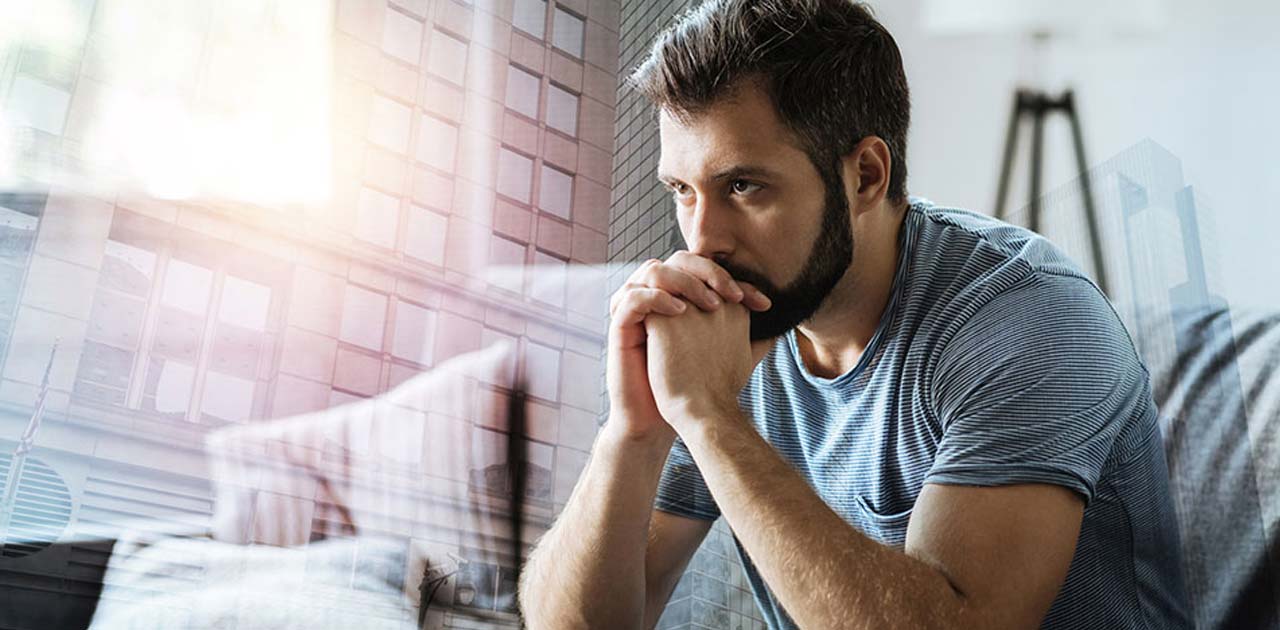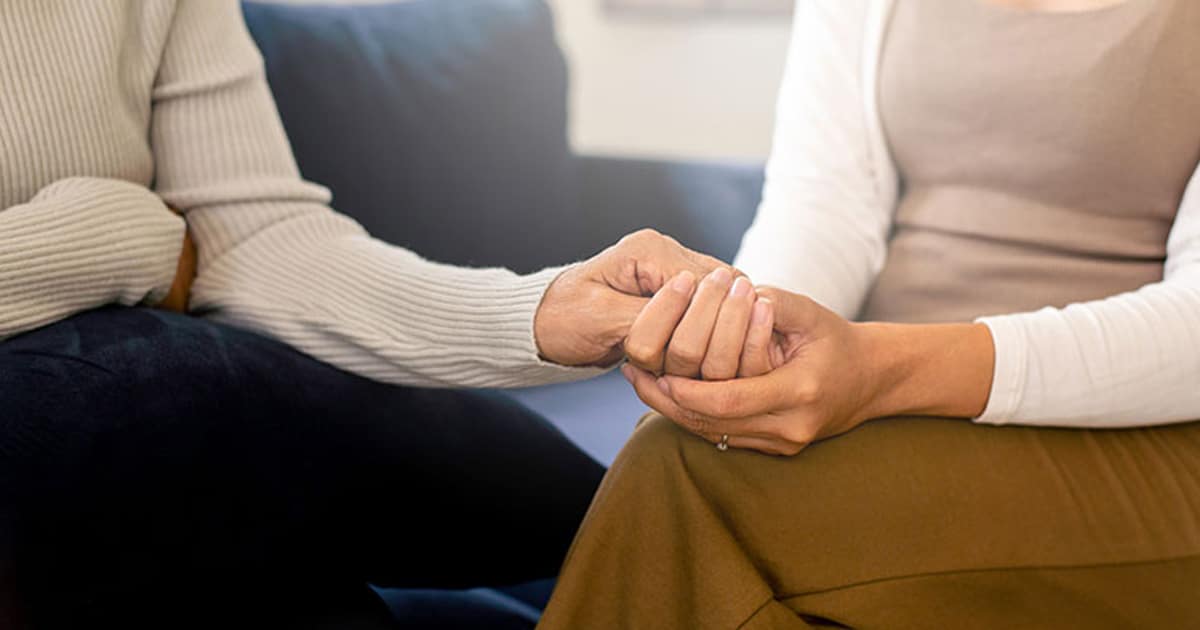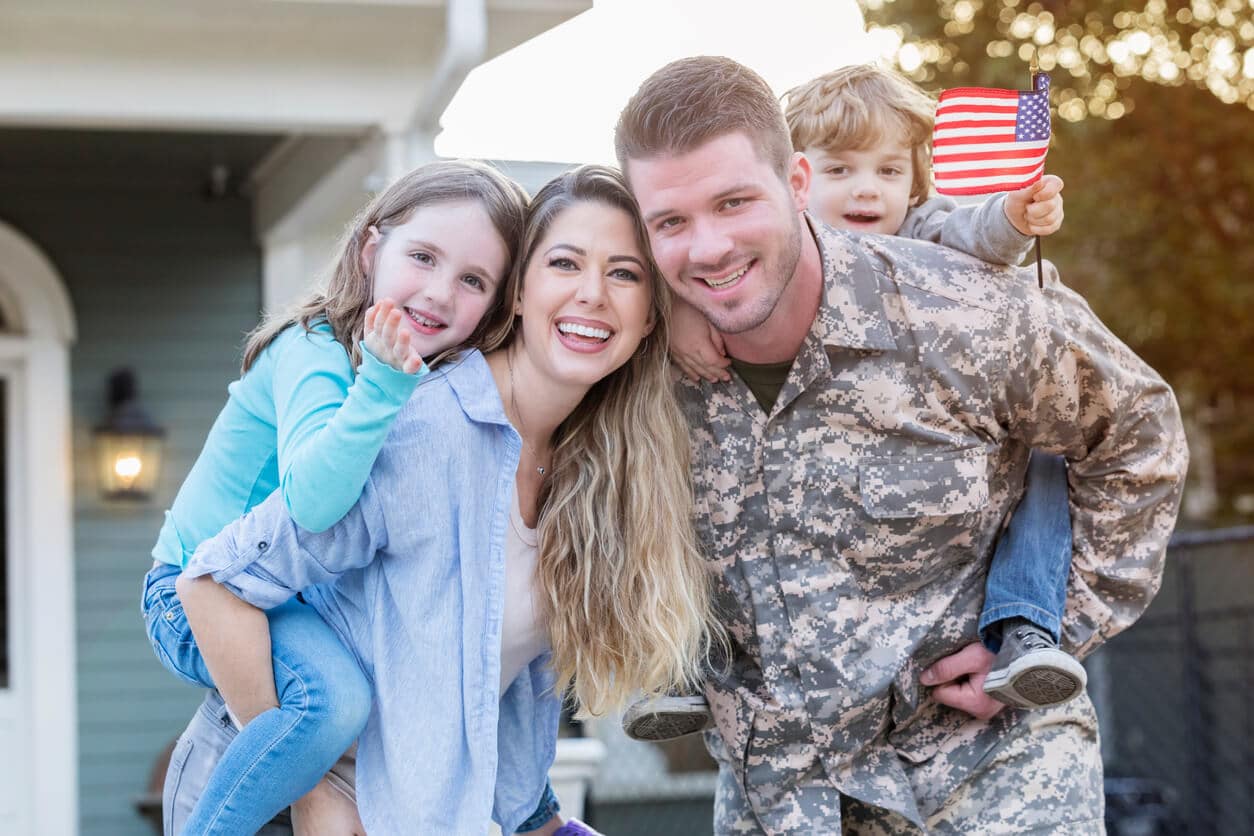Pandemic Effects: Social Anxiety

The pandemic disrupted every aspect of our lives. On their own, each of these changes might have been small. Shifting to remote work was challenging, for example. So were the many months of isolation and feeling nervous about whether a neighbor might be contagious. But combine all these changes together, and the experience quickly becomes overwhelming.
Though the world is beginning to open up again, the emotional and mental effects of the pandemic linger. More and more people – 49 percent, according to the American Psychological Association – report being uncomfortable about returning to in-person social interactions. Getting vaccinated seems to have no effect on this level of social anxiety.
We have noticed this increased prevalence of social anxiety as well at both our Santa Rosa and Sacramento locations. Here’s how the pandemic has changed social anxiety and how to know when additional help is needed.
Why Are We So Nervous About Returning to Normal?
None of us had ever experienced anything like the pandemic before. With little warning, our brains were suddenly flooded with fear about interacting with other people.
“What if they get me sick?”
“What if I get them sick?”
“How long do I have to shelter in place?”
This fear about interactions with other people was social anxiety. While some people struggled with social anxiety before the pandemic, suddenly people who were otherwise in stable, safe environments found their sense of safety challenged.
While social anxiety can feel debilitating, it’s actually a way our brains protect us. Fear kept our ancestors aware of potential dangers, protecting them. Fear and anxiety can protect us too, but sometimes the brain doesn’t know when to stop. For those with social anxiety, the brain continues to signal warnings and fear around social interaction… even when the interaction is logically “safe”.
Since the pandemic hasn’t had a clear “end”, many of us continue to experience the warning signals around social interaction. And in some people, this has grown into uncontrollable social anxiety.
What to Do If You’re Feeling Post-pandemic Social Anxiety
If you find yourself struggling to manage your post-pandemic social anxiety, there are some steps you can try to calm your brain’s warnings:
- Work up gradually. For some people, going to visit fully-vaccinated friends and family makes alarm bells go off. Instead of attending large gatherings, consider slowly building up to “normal” through smaller groups. Start where you’re comfortable and build from there.
- Reduce anxiety triggers. Watching the news or scrolling on social media can trigger our fight-or-flight responses. Taking a break from anxiety triggers like the news can or social media helps us stay calm. Out of sight, out of mind.
- Practice mental exercises to stay in control. A mental health professional can teach you techniques like Cognitive Behavioral Therapy (CBT), a practice designed to help you examine ideas. Then, if the idea doesn’t serve you, you can consciously put it away and combat anxiety.
You may need the assistance of a mental health professional to learn, practice, and use techniques like CBT.
If You Need Help, You’re Not Alone
This pandemic has affected us all in ways we never could have expected. And for some of us, that means experiencing new levels of social anxiety – especially as we return to our new normal.
Our teams of specialists understand social anxiety. We can help you learn to manage triggers and restore your quality of life. Call us directly at 877-978-4848 or contact us online to speak with our mental health professionals.


